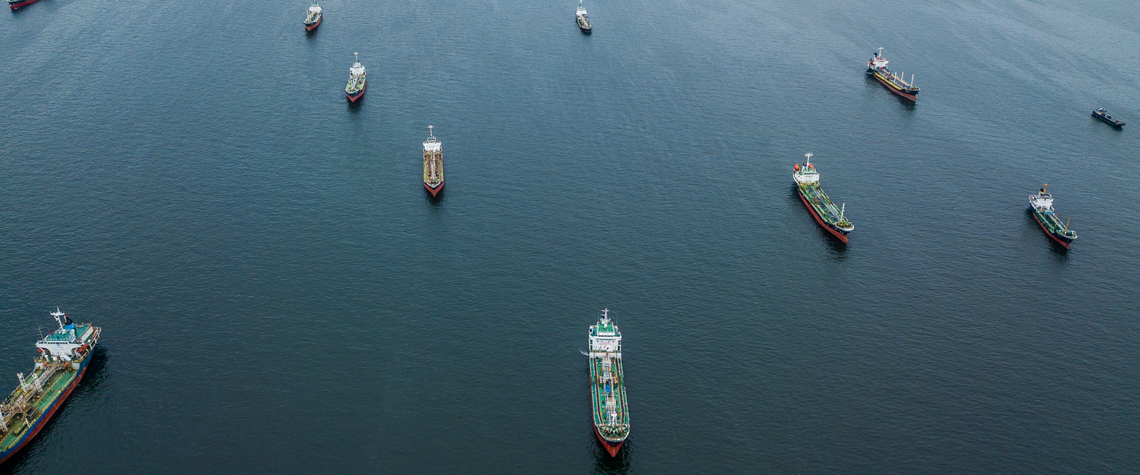IMO 2020 to beckon in a new reality
The new regulations are poised to change shipping markets forever. Some participants may handle the new regulatory environment better than others
IMO 2020 will radically change shipping market supply/demand dynamics. The basis of the new regulations is simple–to reduce sulphur emissions by tightening the requirements around allowable fuels any given seagoing vessel can burn. In technical terms, this means cutting sulphur content to 0.5pc, down from 3.5pc at present. High sulphur fuel oil (HSFO) demand will, in part, be forced to shift towards cleaner alternatives, namely marine gasoil and low sulphur fuel oil (LSFO). LNG is also an option, albeit uptake will be limited. Advantage West Africa A barrel of crude oil is associated with a wide variety of classifications that can range from light-sweet (thin, low sulphur) to heavy-sour (d

Also in this section
22 July 2025
The gas-hungry sector is set for rapid growth, and oil majors and some of the world’s largest LNG firms are investing in ammonia production and export facilities, though much depends on regulatory support
22 July 2025
Next year’s WPC Energy Congress taking place in April in Riyadh, Saudi Arabia will continue to promote the role of women in the energy sector, with a number of events focusing on the issue.
22 July 2025
Pedro Miras is the serving President of WPC Energy for the current cycle which will culminate with the 25th WPC Energy Congress in Riyadh, Saudi Arabia in April 2026. He has over 30 years of experience in the energy sector, including stints with Repsol and the IEA. Here he talks to Petroleum Economist about the challenges and opportunities the global energy sector currently faces.
17 July 2025
US downstream sector in key state feels the pain of high costs, an environmental squeeze and the effects of broader market trends








